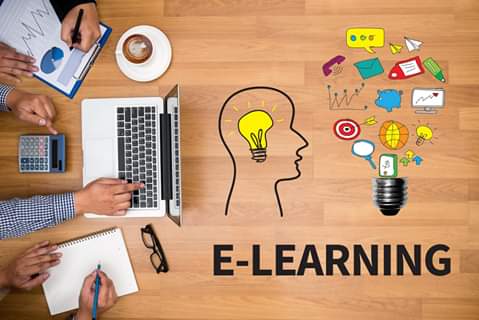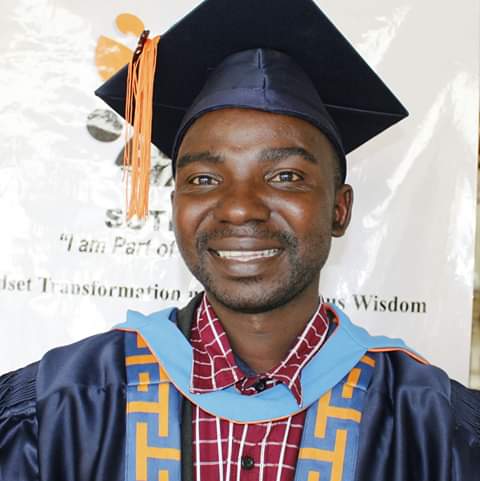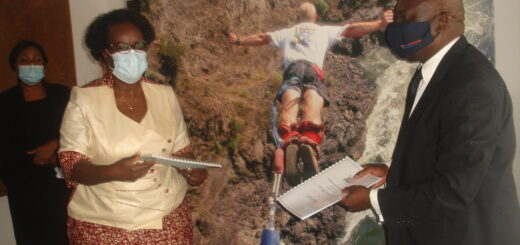COVID-19 Reveals the Unseen Inequalities and Illiteracy at Zambia’s Higher Education Level
Notice: Undefined index: catFilterList in /home/zambi/public_html/wp-content/plugins/wp-likes/api.php on line 243

E-Learning Challenges in Zambia: COVID-19 Reveals the Unseen Inequalities and Illiteracy at Zambia’s Higher Education Level
Written by Author/Consultant: MUPONDA SYDNEY
Cell: +260975016180
Email: kanjipondele@mail.com
COVID-19 Reveals the Unseen Inequalities and Illiteracy at Zambia’s Higher Education Level
THE coronavirus pandemic has exposed stark inequalities in Zambia’s educational system. Equally, the illiteracy levels at higher education based on a comprehensive definition that goes beyond reading and writing but use of digital spaces have clearly been exposed.
In the previous edition we looked at how the vulnerable have been left behind due to the use of Television and E-learning platforms.
The response was overwhelming with targets being primary and secondary school levels. However, the debate continues with the focus on higher learning.
While this is happening at institutions under Ministry of General Education, higher learning institutions are equally looking for new ways to carry on teaching students.
Indeed, a number of Universities and colleges across Zambia had no other choice especially that April and May are traditionally designed for Residential Schools for Distance Students.
Ever since Zambian President Mr. Edgar Changwa Lungu ordered in March the indefinite closure of all institutions of learning including primary, secondary and colleges and universities in the country to curb the spread of the new coronavirus, many of the country’s higher educational institutions began exploring options in online learning.
Although some universities and colleges are using built-in, already existing learning platforms such as Moodle or Astria to facilitate learning, others have to turn to services such as Google Classroom, Google Meet, Webinar, WhatsApp, YouTube, Zoom among other packages to make the classes more interactive.
Isn’t this beautiful that some are even having guest lecturers join in using Instagram Live, Zoom among others?
While there has been some success scored by certain institutions, it is however, a sorry story for other institutions that cannot secure income as they pray to God to have Covid-19 evaporate as soon as possible.
A number of institutions and students have found this not to be easy due to student engagement with other errands at home, unstable electricity supply (whatever the miracle has been happening with water bodies not being able to fill up the Kariba dam), technological literacy levels among students and some senior citizens who are lecturers, and less talk on the economy that some can’t afford a smart phone nor purchase of bundles to sustain E-learning via videos are among the challenges threatening the success of the move on online.
The coronavirus pandemic has not only revealed the stark of regional, social and economic inequalities in Zambia’s educational system but also what should worry us; the illiteracy levels and limitation in manipulating technology to our benefit.
There are challenges that stakeholders and lecturers as well as students worry about e.g. the effectiveness and feasibility of online pedagogy since there are students and lecturers who are not technologically literate to manage online learning and teaching.
Beyond regional disparities, social class has correspondingly been a determining factor in the quality of education.
Many wealthier Zambians send their children to private institutions and the online platform is not strange as they have been covered unlike public institutions which in most cases act as the only resource for the less privileged.
After all we are a Christian nation, the few who will learn will be useful human capital and for others, only pray “God will provide.”
In his Presidential address on COVID-19, H.E Mr. Edgar Changwa Lungu brought on 8th May 2020, an interesting concept of the ‘New Normal’.
According to that address, tertiary learning institutions remain closed indefinitely for physical sessions. As shown above, higher educational institutions have begun training lecturers in online instruction as they actively turn into web-based alternatives.
This regardless of the students are feeling like it’s time to rest but we are here pushing them to learn in an environment that is not conducive.
In this New Normal, despite higher educational institutions moving to pedagogy online, there is a wide digital divide that will make the goal of online learning difficult to achieve in a country where less than half of the population is believed to have mobile phone internet access.
It must be understood that these platforms will only be available to those who have access to internet data, smartphones, tablets and computers, which leaves out a large number of students who lack access to these technologies.
Even with students having access to the internet, high costs of internet data bundles to use on a daily basis can still limit their access to E-learning.
Ultimately, many students at the higher educational level who have little or no access to digital tools will find themselves stuck at the periphery of the educational system while their more privileged colleagues continue to learn.
Unfortunately, so far, Universities and colleges in Zambia have not worked out any plan with service providers to make SIM cards available to students to enable them to access the university’s digital learning platforms for free or at affordable rates.
Being on the internet most of the time lately, I can confirm that 10 gigabytes of monthly internet data are hardly enough to cover needs of effective learning and interactions.
A humble appeal to telecommunications companies to step up collaboration with higher educational institutions to facilitate access to free unlimited data to students to participate in digital learning. This will go a long not a ‘wrong’ way for this country now and post COVID-19.
Looking ahead, it is important to consider how the most marginalised will be affected by moving education online.
As mean as CoronaVirus is, I feel it has provided an opportunity to Zambian Universities and colleges to prepare adequately for e-learning and online examinations.
This could be cost saving for universities and the future to deal with working adult learners to be able to create time in the comfort of their homes.
In the next edition we will look at how parents should explore ways to teach their children by drawing on Zambia’s indigenous knowledge systems.
The type of pedagogy that can take the form of storytelling in indigenous languages; teaching children folksongs; helping children improve their indigenous language proficiency; teaching children about indigenous gastronomy and nutrition; sharing family, ancestral, ethnic and national oral histories among others for posterity.
Stay Safe. Be innovative and creative while you stay at home.
For more information
Author/Consultant: Muponda Sydney
Cell: +260975016180
Email: kanjipondele@mail.com

“COVID-19 Reveals the Unseen Inequalities and Illiteracy at Zambia’s Higher Education Level,” laments Sydney Muponda





















